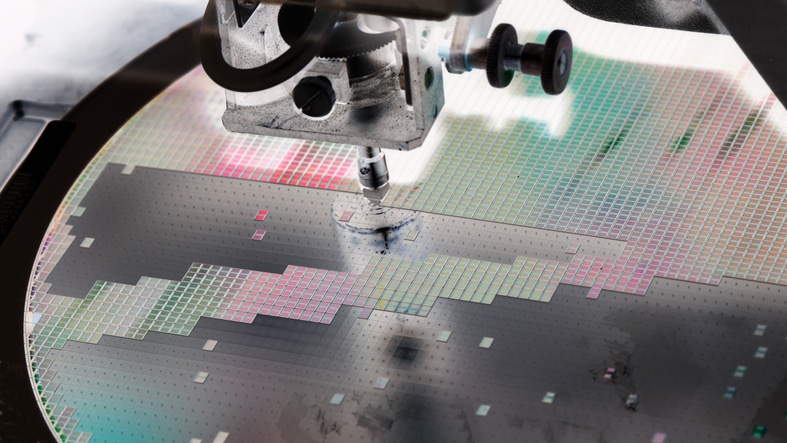
The U S Restricts Huawei’s Semiconductor Manufacturing Capabilities
The U S will Restrict Huawei semiconductor manufacturing by limiting the use of technologies for design and manufacture. This planned action was announced by the Bureau of Industry and Science (BIS) on May 15, 2020. The BIS is implementing this action to protect national interests by preventing Huawei from acquiring semiconductors that are the direct product of certain U.S. software and technologies.
Huawei on Entity List Since 2019
The Department of Commerce placed Huawei and its foreign affiliates on the Entity List in 2019. The Entity List is a list of individuals or entities subject to specific export license requirements. Since being placed on this list Huawei has skirted regulations by commissioning the production of semiconductors abroad. Secretary of Commerce Wilbur Ross stated “This is not how a responsible global corporate citizen behaves. We must amend our rules exploited by Huawei and HiSilicon and prevent U.S. technologies from enabling malign activities contrary to U.S. national security and foreign policy interests.”
EAR Rule Changes
The Export Administration Regulations (EAR) will make targeted changes to regulations to address the issue. The following foreign-produced items will now be subject to EAR export control:
- Items, such as semiconductor designs, when produced by Huawei and its affiliates on the Entity List (e.g., HiSilicon), that are the direct product of certain U.S. Commerce Control List (CCL) software and technology.
- Items, such as chipsets, when produced from the design specifications of Huawei or an affiliate on the Entity List (e.g., HiSilicon), that are the direct product of certain CCL semiconductor manufacturing equipment located outside the United States. Such foreign-produced items will only require a license when there is knowledge that they are destined for reexport, export from abroad, or transfer (in-country) to Huawei or any of its affiliates on the Entity List.
Changes Urged by Lawmakers
The Department of Commerce’s actions come after lawmakers encouraged the Trump administration to make restrictions on the exports of emerging technologies. Many have felt that the U.S. has been too passive in protecting U.S. interests in the worldwide semiconductor market. Sen. Ben Sasse, R-Neb., applauded the rule, calling it “long overdue.” In a May 15 the senator was quoted as saying “Modern wars are fought with semiconductors, and we were letting Huawei use our American designs.”
China Reacts to Restrictions
In response to these restrictions, China’s Commerce Ministry is considering placing U.S. companies on its so-called unreliable entity list and stopping purchases of aircraft from Boeing. China views these actions as a “serious threat” to its semiconductor industry. These comments were made on May 17, 2020.
Om May 18, 2020, Huawei chairman Gou Ping said that U.S restrictions “ignore the concerns of many companies and industry associations.” Huawei also said the rule will “undermine” the global semiconductor industry. “The U.S. is leveraging its own technological strengths to crush companies outside its own borders,” the company said. “This will only serve to undermine the trust international companies place in U.S. technology and supply chains.”
Related Posts
BIS Places Controls on Section 1758 Technologies


